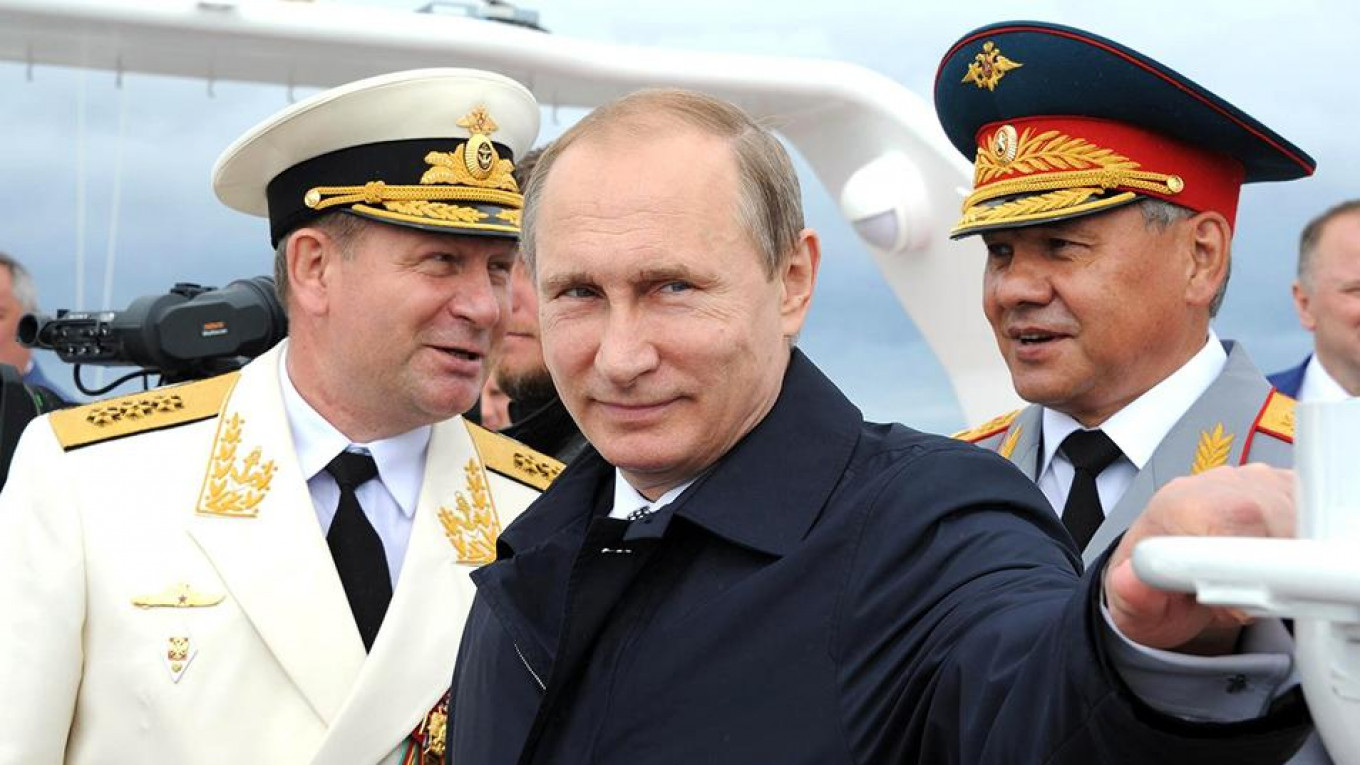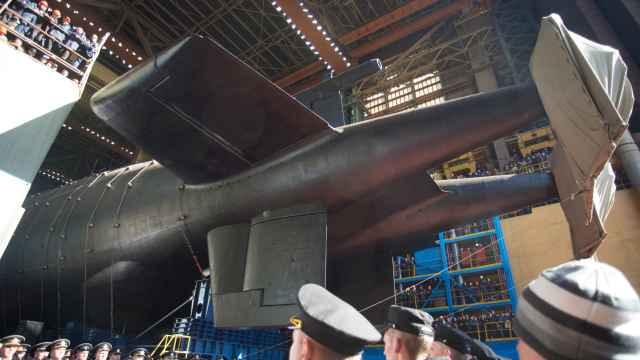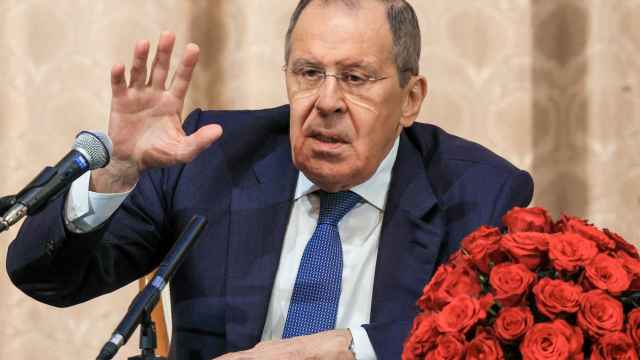Satellite images show Russia is renovating a nuclear weapons storage bunker in Kaliningrad in what appears to be its most dramatic overhaul of the site so far.
Kaliningrad is one of Russia’s most militarized regions, home to short-range missiles deployed in response to a U.S. missile-defense system in Europe that the Kremlin says threatens its security. One of 11 Russian cities to host the ongoing football World Cup, Kaliningrad’s position between NATO members Poland and Lithuania makes it a potential flashpoint in any geopolitical conflict.
New satellite imagery appears to show nuclear weapons storage sites in Kaliningrad with a new concrete roof and multilayered fencing, The Guardian newspaper reported, citing a new Federation of American Scientists (FAS) report Monday.
“It's a site we have been monitoring for quite some time and there have been some upgrades in the past but nothing as dramatic as this one,” FAS nuclear information project director Hans Kristensen told The Guardian. “This is the first time we’ve seen one of the nuclear bunkers being excavated and apparently renovated.”
Work on the FAS-monitored bunker on the Baltic Sea began in 2016, but Kristensen said it was unclear from the satellite images if the site already houses nuclear warheads or if the Russian military plans to move them at short notice.
Russia deployed nuclear-capable Iskander missiles in Kaliningrad at the start of 2018. Moscow said previous deployments of the mobile ballistic missile system were a temporary response to the United States building up its forces in the Baltic region. Washington, meanwhile, called the deployments destabilizing.
The FAS is expected to publish the satellite images purporting to show the storage facility later on Monday.
“These pictures don’t prove that there are nuclear weapons in Kaliningrad now, but they do show it is an active site,” Kristensen said in The Guardian.
A Message from The Moscow Times:
Dear readers,
We are facing unprecedented challenges. Russia's Prosecutor General's Office has designated The Moscow Times as an "undesirable" organization, criminalizing our work and putting our staff at risk of prosecution. This follows our earlier unjust labeling as a "foreign agent."
These actions are direct attempts to silence independent journalism in Russia. The authorities claim our work "discredits the decisions of the Russian leadership." We see things differently: we strive to provide accurate, unbiased reporting on Russia.
We, the journalists of The Moscow Times, refuse to be silenced. But to continue our work, we need your help.
Your support, no matter how small, makes a world of difference. If you can, please support us monthly starting from just $2. It's quick to set up, and every contribution makes a significant impact.
By supporting The Moscow Times, you're defending open, independent journalism in the face of repression. Thank you for standing with us.
Remind me later.






